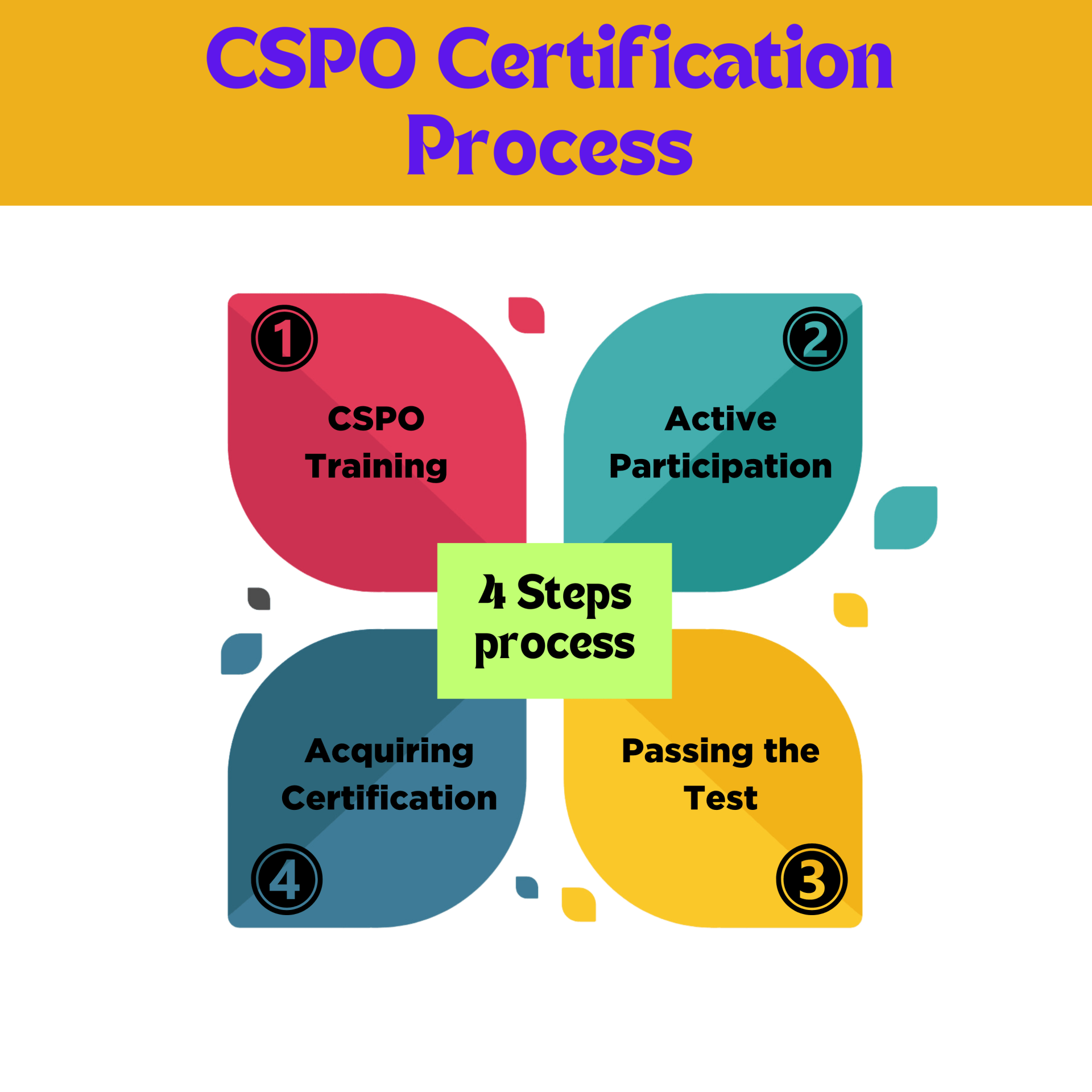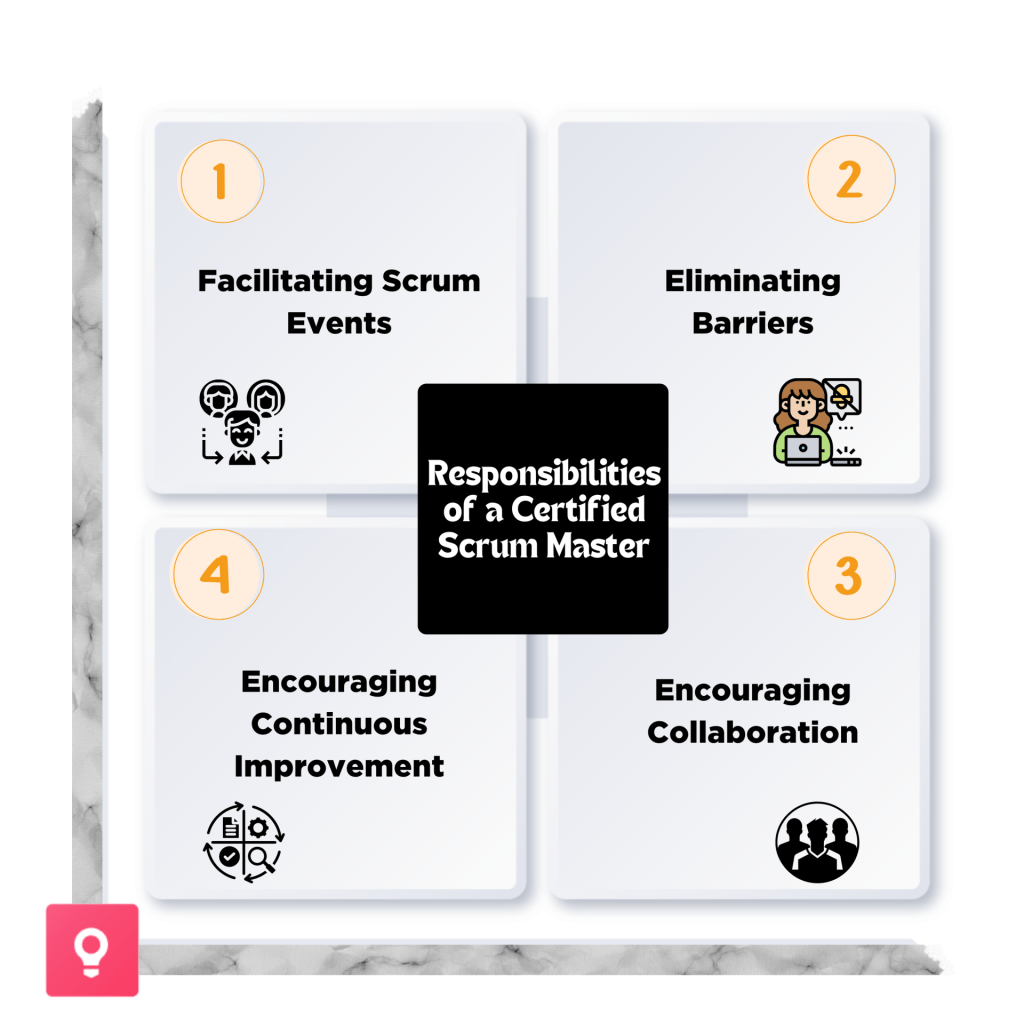Being ahead of the curve is not only advantageous but also essential in the fast-paced field of information technology. Let me introduce you to the itil foundation certification, a thorough framework that equips IT professionals with the newest techniques and approaches so they can flourish in their positions. Knowing the ins and outs of ITIL4 certification can be quite beneficial, regardless of experience level or stage of work. We’ll cover all you need to know about ITIL4 Foundation Certification in this blog post, from its importance and advantages to the certification procedure and associated expenses.
Understanding ITIL4 Foundation Certification
What is ITIL4?
The Information Technology Infrastructure Library, or ITIL, is a widely accepted framework for managing IT services. The most recent version of this framework, known as ITIL4, builds on earlier iterations to address the opportunities and difficulties that exist in modern IT service management.
ITIL4 Certification’s Significance
Getting certified as an ITIL4 Foundation shows that you are knowledgeable about IT service management techniques that follow the ITIL framework. It shows that you are dedicated to providing top-notch services, streamlining procedures, and coordinating IT with your company’s business goals.
Benefits of ITIL4 Certification

Increased Career Opportunities: Obtaining an ITIL4 certification gives you access to a multitude of IT service management career options, including positions as an IT consultant, service desk manager, IT service manager, and more.
Enhanced Productivity and Efficiency: Organizations can achieve increased productivity and efficiency by streamlining their IT service delivery processes through the application of ITIL4 techniques.
Improved Service Quality: ITIL4 places a strong emphasis on providing consumers with value through high-quality services, which boosts their loyalty and level of satisfaction.
Alignment with Business Objectives: By using ITIL4, IT departments may more effectively match the strategic goals of the company with the services they provide, making sure that IT expenditures are beneficial to the company’s bottom line.
The Certification Process
Course for ITIL4 Foundation Certification
Enrolling in an ITIL4 Foundation Certification course is the first step towards becoming an ITIL4 certified professional. The essential ideas of ITIL4, including its main practices, procedures, and principles, are covered in these courses, which are provided by approved training providers.
Exam Planning
You’ll need to get ready for the ITIL4 Foundation Certification exam after finishing the course. This examination measures your comprehension of ITIL4 principles and your practical application skills. You can find a wealth of tools, like as study guides, practice tests, and online courses, to aid in your exam preparation.
Taking the Test
Typically, an authorized testing organization will administer the multiple-choice ITIL4 Foundation Certification exam. Depending on your convenience and preferences, you can take the exam in person or online.
Renewing Certifications
The ITIL4 Foundation Certification is valid for a lifetime, so once you get it, you’re set. IT professionals must stay up to date with the newest advancements as ITIL certifications are revised periodically to reflect changes in the IT industry.
Cost of ITIL4 Certification
Cost of ITIL Certification
Numerous variables, such as the training provider, exam costs, study materials, and location, might affect the cost of ITIL4 certification. Enrolling in an ITIL4 Foundation Certification course typically costs between $500 and $1500. Furthermore, the exam cost for the ITIL4 Foundation Certification usually varies between $150 and $500.
Investment Value
Even while earning your ITIL4 certification may appear expensive, you should consider it an investment in your professional development. Gaining ITIL4 certification increases your earning potential, opens up new career paths, and improves your ability to support the growth of your company.
Conclusion
The ITIL4 Foundation Certification has increased in value in the current digital era. Your career chances will improve and you’ll acquire the abilities and know-how required to succeed in the fast-paced industry of IT service management by earning this certification. Therefore, if you’re prepared to advance in your IT career, think about getting certified as an itil foundation today.






